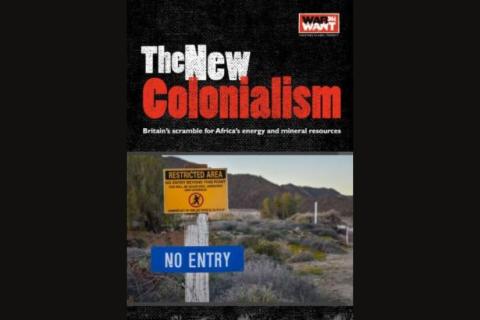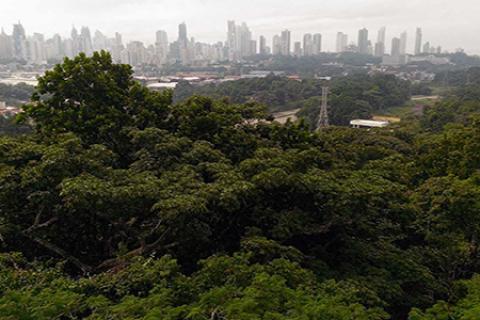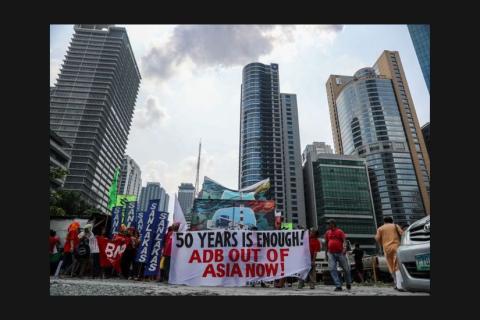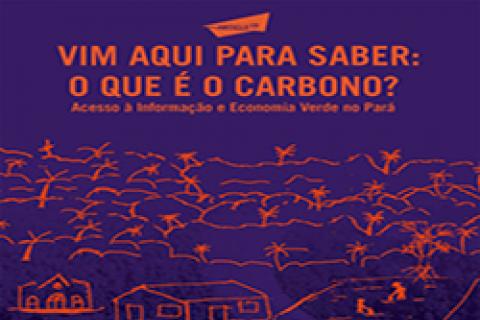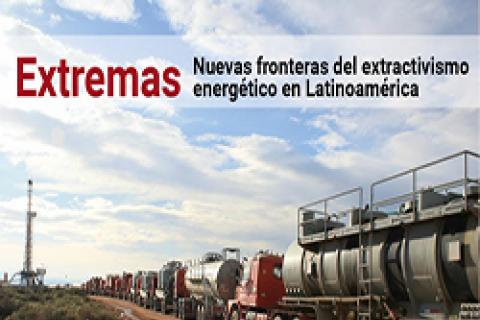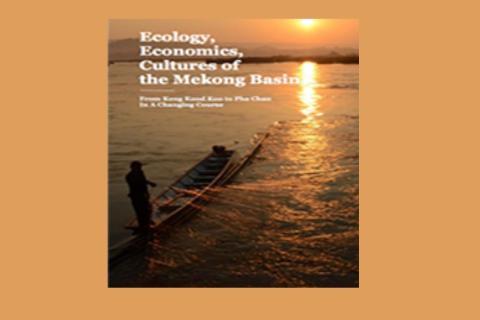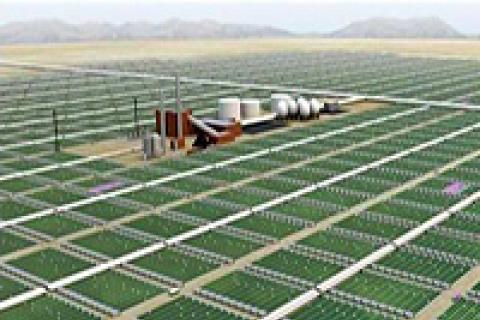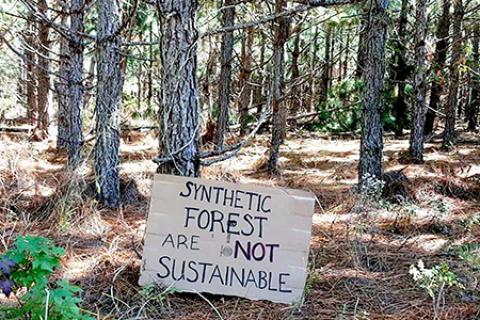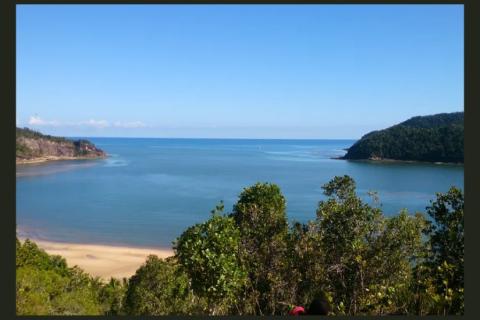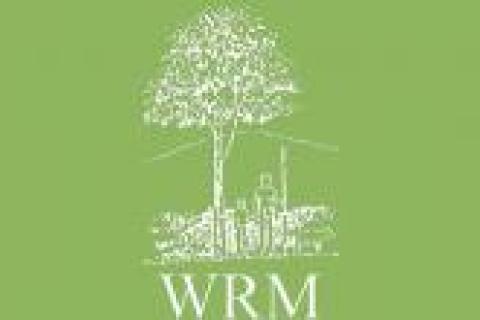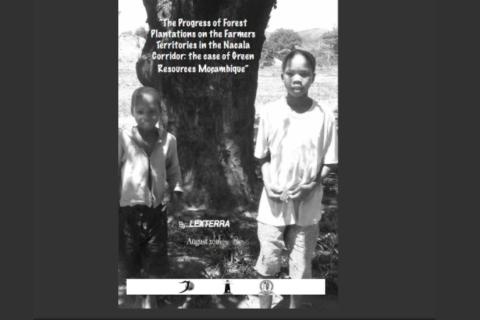The Ambatovy mine, a massive operation of eight billion US-dollars (in today's value), is designed to extract nickel and cobalt from Madagascar’s rich soil. It has directly affected a forest of 2,500 hectares and some households were displaced as a result of controversial compensation agreements that divided the community. Besides many complaints over impacts on the local environment, in 2012, a malfunctioning valve caused a sulphur dioxide leak, and 50 people at the facility were poisoned. Three similar incidents have happened since.
Other information
This report from the organization “War on Want” reveals the degree to which British companies control Africa’s key mineral resources, notably gold, platinum, diamonds, copper, oil, gas and coal. It documents how 101 companies listed on the London Stock Exchange (LSE) — most of them British — control mining operations in 37 sub-Saharan African countries. They collectively control over US 1 trillion dollars worth of the most valuable resources on the African continent.
For many people, REDD+ is about projects that save forests. In reality, however, REDD+ has never been about protecting forests and also no longer really is about projects but about programmes covering whole regions or provinces within a country. Though many REDD+ projects continue to exist, causing harm to indigenous peoples and forest communities by restricting their traditional forest use practises. (1)
The Asian Development Bank (ADB) marks 50 years as the second largest source of development finance in the Asia-Pacific region, just after the World Bank Group. Focus on the Global South has released a special newsletter highlighting the Asian people’s resistance against the Bank.
Artigo 19 launches its report "I came here to understand: What is carbon? Access to information and the green economy in Pará." The report analyzes and criticizes the absence of processes that facilitate transparent access to information, and social participation, in the existing projects in Pará related to the carbon market and the REDD+ mechanism (Reducing Emissions from Deforestation and Degradation). You can read the publication in Portuguese here: http://artigo19.org/blog/2017/03/24/11201/
Focused on what are called "extreme energies," an Oilwatch report brings together ten articles that discuss and challenge governments' and companies' initiatives to sustain the fossil fuel matrix. From extraction of heavy and extra-heavy crude oil, to tar sands, to offshore sources in increasingly deep water, to hydraulic fracturing—extreme energies additionally require a global infrastructure chain and transportation fleet. In addition to serious environmental destruction, this intensifies the violence against traditional peoples and their livelihoods. Read the report in Spanish here:
Launched by the Thai organization TERRA, this publication records the story of Mekong riparian communities from 25 sub-districts in 7 provinces of north-eastern Thailand (Isaan). It aims to bring to life the knowledge uniquely shaped by south-east Asia’s longest international river, the Mekong River. It illustrates the delicate complexity of the Mekong hydrology and sub-ecosystems and how these provide the basis of life and livelihoods to the people along the river. It also explores the local cultures and socioeconomic values attached to it with a hint of history and ways of life.
The organization Biofuelwatch is launching a new website page dedicated to compiling their analyses of aspects of the biotechnology push to engineer crops, trees, and microbes for biofuels and the “bioeconomy”. The site includes in-depth investigations of three biofuel companies – Algenol, Mascoma, and Solazyme/TerraVia, and will be updated with forthcoming reports on algae and cellulosic biofuels, followed by further materials.
A mining project threatens to forever destroy the Ampasindava Peninsula—an area that is home to some 33,000 people, primarily in farming and fishing communities. The company Tantalum Rare Earth Malagasy (TREM) has obtained a 300 km2 concession from the Malagasy government to extract rare earth minerals—the most contaminating kind in the world. Support the petition to stop this mine! (in French)
This article, written for the research and communication network, Alba Sud, presents a critical view of territories dominated by capital investments in tourism, with a special focus on Central America and the Caribbean. The incursion of tourism and real estate capital, along with certain laws and public policies, is causing a radical shift in land use. Nature, transformed into a commodity, becomes a way to increase profits; and people are expelled from their lands and alienated from their ancestral knowledge and cultures. Read the article in Spanish at:
Based on evidence from a field investigation, this publication provides a detailed overview of the impacts of pine and eucalyptus plantations on communities in three provinces in Mozambique. The report focuses on one of the main companies active in Mozambique and in Southern and Eastern Africa: the Norwegian company Green Resources. Over the past years, this company has grabbed about 265,000 hectares of lands in Mozambique only, dispossessing communities from lands they depend on for their livelihoods.

